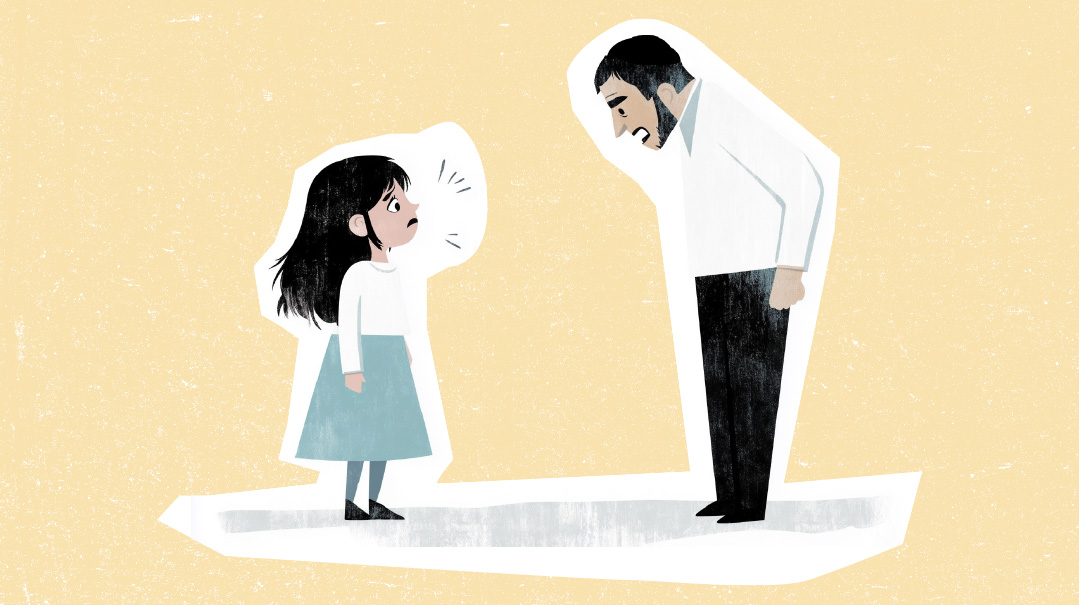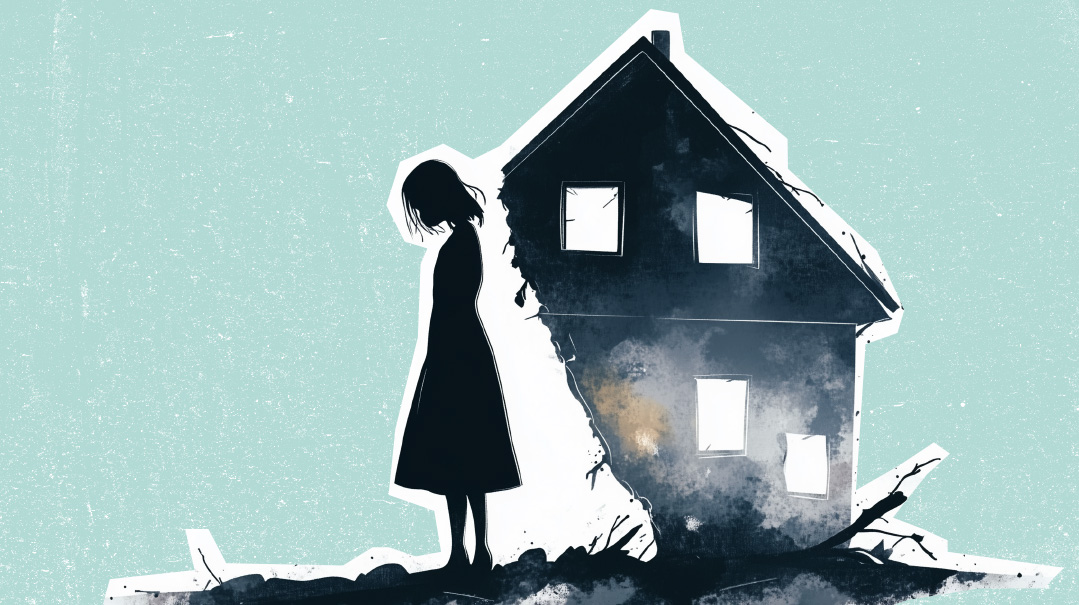“When Do I Suspect Something’s Wrong at School?”

What causes the personality at home to go from wretched to wonderful?

MY third-grade son is a great all-around boy who does very well academically and is great at sports. He’s always been happy in school and receives glowing reports from the staff, especially regarding the life and joy he brings to the classroom. This past year he had a really fantastic rebbi, and we felt very blessed.
However, at home it has been a very different story. As soon as he walked in the door he became a monster. I tried to make sure he had something to eat as soon as he got home and that definitely helped, but we still often had a hard evening.
Oddly enough, since he started day camp this summer, he has been coming home as an absolute pleasure. He’s so nice to his siblings and such an enjoyment to have around — talking and laughing with all of us. We’re a happy family again, baruch Hashem.
My question is, do I need to suspect something was going on in school that was making him unhappy even though nothing really indicated that? Or is it just the relaxed atmosphere of a day filled with mainly sports and fun? Camp also shaves off 45 minutes both sides of the day. Should I look more into what’s going on at school?
I’d mentioned his poor behavior at home to his rebbi, and he said nothing in school explains why that was happening.
Thank you in advance for your time and insight!
A:
Your experience highlights the reality that human beings are complex and confusing — young ones, often more so! Your son’s inconsistent behavior raises questions and fears. How can he have one personality at school and another at home? What causes the personality at home to go from wretched to wonderful? It might be anything from hidden trauma to sunny weather — how can you find out?
You’ve already made some pretty good guesses. Having a day that is one and a half hours shorter than usual is wonderful for a child’s nervous system, and most adults would be similarly relaxed if that amount of time suddenly became available to them for “downtime.” You’ve also suggested that the sports and fun may be easier on him than the much more arduous academic routine that fills the school year. Yes! The pressures of school weigh heavily on little shoulders, and even kids who excel need to exert themselves, memorize material, pay careful attention to detail, answer quizzes, organize information, sit up, and much more. With so many performance demands, the school day can be exhausting and draining, leaving a child frazzled, irritable, and stressed.
On the other hand, kicking a ball around is an activity that releases stress rather than produces it, allowing a youngster to come home exhilarated, refreshed, and ready to engage.
When attempting to find the cause of troubled behavior, I always suggest looking at the simplest explanation first. Only if that proves to be wrong would I then recommend looking into more complex possibilities. In your case, this protocol means that you would assume that the availability of more free time and the experience of greater ease are the two factors most likely responsible for your son’s pleasant behavior. Go with this simple, straightforward, and commonsense explanation until experience proves you wrong.
For example, suppose your son has a wonderful summer experience next summer, but comes home all grouchy at the end of each day. That would indicate that more free time and the experience of greater ease are NOT necessarily the cause of happy-at-home behavior and that something else might be at play. This is when you might start thinking about specific interpersonal dynamics (difficulty with staff or peers), difficult social experiences (bullying or social anxiety), nervous system irritants (like foods that he’s eating or feelings of exhaustion), and other energy drains.
Although trauma is a possible explanation for difficult or stubborn behavior, it shouldn’t be the first consideration. While unpleasant experiences are common, traumatic ones aren’t. If your child doesn’t like his counselor or rebbi or if there is an annoying campmate or classmate he’s dealing with, he might come home stressed. Or if his day involves competition or hard work, that can also cause stress. There are many stressful aspects to a child’s life, and all of them can cause grumpiness and irritability at the end of a long day.
If, after ruling out more common problems, you suspect that trauma might have occurred, enlist the help of a professional to investigate further.
(Originally featured in Family First, Issue 853)
Oops! We could not locate your form.





